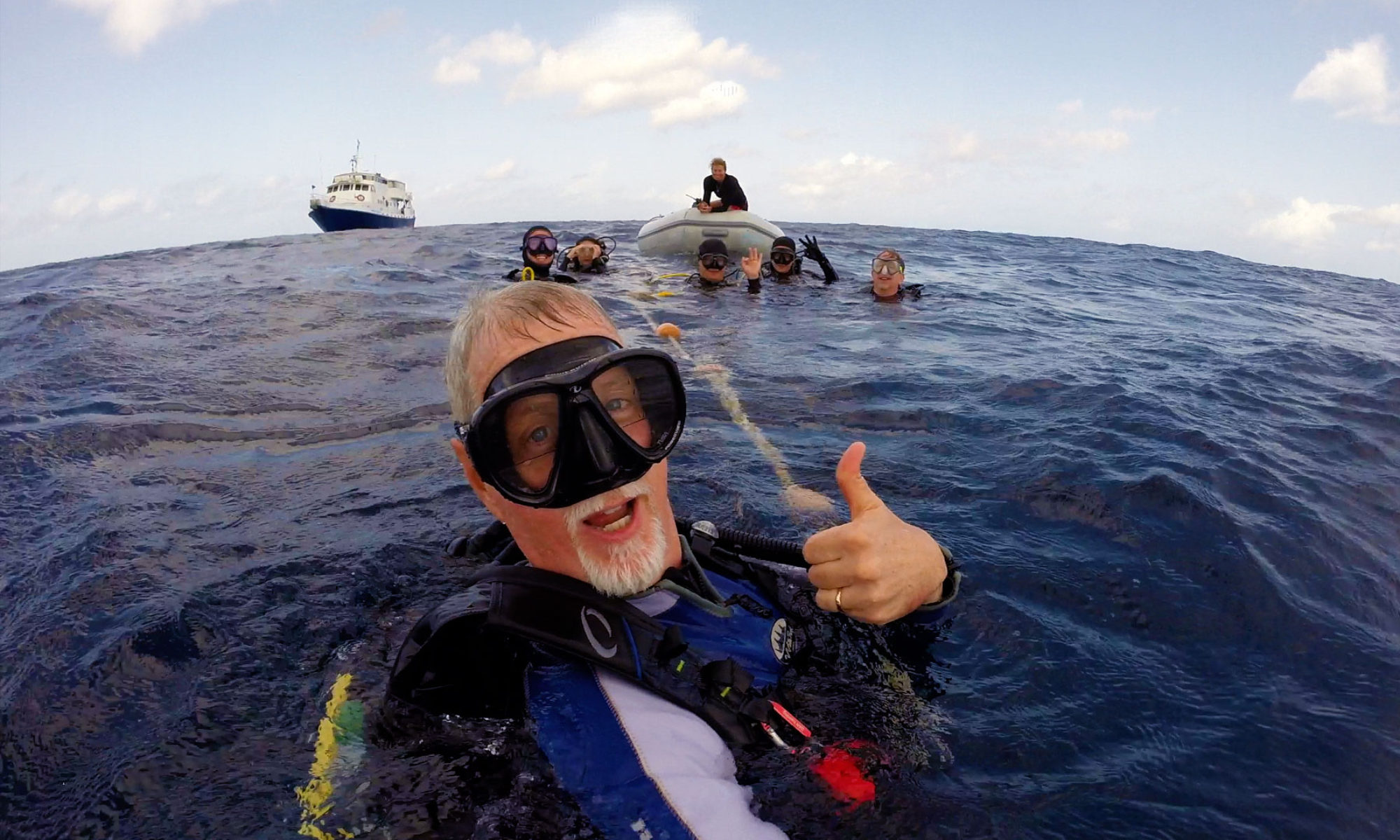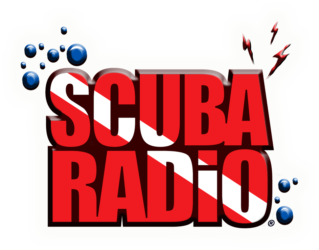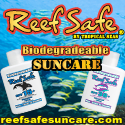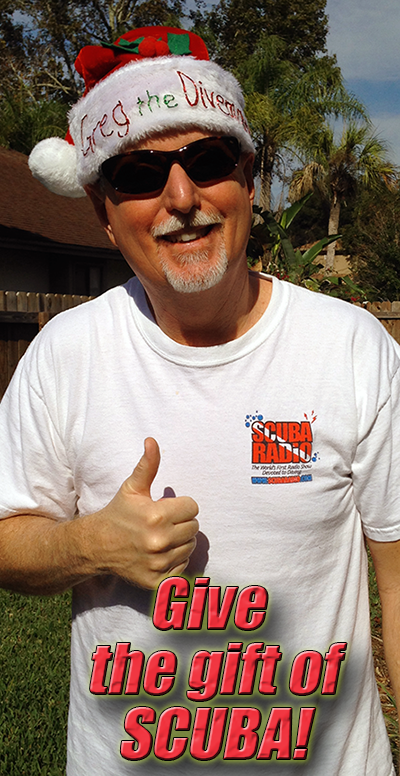Ormond Beach, FL (March 2, 2016) To determine the impact of its sun care products on coral reefs, Reef Safe engaged the world-renowned Mote Marine Tropical Research Laboratory to test the toxicity of Reef Safe's formulations, containing varying levels of sunscreen actives including oxybenzone, on corals representative of inshore and offshore habitats. Research findings concluded Reef Safe formulas showed no visual signs of stress, bleaching or mortality to corals at any level of sunscreen treatment over periods 24 hours, 96 hours and 20 days.
“Coral Reefs have been subjected to damage over the past decades, and one of the supposed contributing factors is the effect that sunscreen chemicals have on the health of corals,” commented Dan Knorr, President and C.E.O of Tropical Seas. “This test was designed to simulate conditions found at coral reef sites impacted by large volumes of swimmers, snorkelers and scuba divers, all using Reef Safe formulated sunscreens, which include oxybenzone as one of the active ingredients. However, with Reef Safe, it's not just about the ingredients; it's about how those ingredients are processed. Further testing included simulating snorkel boats with the equivalent of 2,984 snorkelers wearing Reef Safe formulas battering the reef twice a day.”
All testing was conducted in the Mote Marine Tropical Research Laboratory to scientifically substantiate Reef Safe's claim that their sunscreens do not harm corals. For the research, Mote Marine Laboratory tested Reef Safe's SPF 50, SPF 45 and SPF 30 (no oxybenzone) formulas against a control setting with no product. Hard corals tested were representative of inshore and offshore habitats. Each of the coral fragments (100 each) were distributed equally between 20 tanks with five of each species in a given 20 liter aquarium. All tanks were placed in the laboratory's temperature controlled raceway and supplied filtered seawater at a temperature of 80.6 degrees Fahrenheit under natural light conditions. Before starting the test, each fragment was visually inspected to evaluate the health of the corals, to be compared up to 20 days or the completion of the study. All corals were visually assessed using a coral health code established by the Florida Fish and Wildlife Conservation Commission (FWC).
Each day before the sunscreen was added to the tanks, a condition survey was completed to note each individual coral's health. Corals were ranked on a scale of 1-6 for tissue loss and color; 1 being no live tissue and 6 being no loss of tissue.
The test results revealed at the end of the 20-day study there were no mortalities and no significant difference (.050) observed at any level of exposure of test fragments relative to controls, therefore proving the safety of Reef Safe SunCare products on these corals.
Reef Safe SunCare, was introduced in 1996 by Tropical Seas of Ormond Beach, FL, as a sunscreen scientifically proven to biodegrade in oceans, lakes and rivers; thus protecting fragile ecosystems while protecting skin. Reef Safe sunscreens were subjected to a comprehensive series of independent laboratory tests to support and authenticate the biodegradability of the lotions. The research found that Reef Safe SunCare products biodegrade, on average, less than 90 days in seawater and freshwater. No evidence of toxicity to microorganisms or other sea life was detected. Research also found that Reef Safe's waterproof for
Ormond Beach, FL (March 2, 2016) To determine the impact of its sun care products on coral reefs, Reef Safe engaged the world-renowned Mote Marine Tropical Research Laboratory to test the toxicity of Reef Safe's formulations, containing varying levels of sunscreen actives including oxybenzone, on corals representative of inshore and offshore habitats. Research findings concluded Reef Safe formulas showed no visual signs of stress, bleaching or mortality to corals at any level of sunscreen treatment over periods 24 hours, 96 hours and 20 days.
“Coral Reefs have been subjected to damage over the past decades, and one of the supposed contributing factors is the effect that sunscreen chemicals have on the health of corals,” commented Dan Knorr, President and C.E.O of Tropical Seas. “This test was designed to simulate conditions found at coral reef sites impacted by large volumes of swimmers, snorkelers and scuba divers, all using Reef Safe formulated sunscreens, which include oxybenzone as one of the active ingredients. However, with Reef Safe, it's not just about the ingredients; it's about how those ingredients are processed. Further testing included simulating snorkel boats with the equivalent of 2,984 snorkelers wearing Reef Safe formulas battering the reef twice a day.”
All testing was conducted in the Mote Marine Tropical Research Laboratory to scientifically substantiate Reef Safe's claim that their sunscreens do not harm corals. For the research, Mote Marine Laboratory tested Reef Safe's SPF 50, SPF 45 and SPF 30 (no oxybenzone) formulas against a control setting with no product. Hard corals tested were representative of inshore and offshore habitats. Each of the coral fragments (100 each) were distributed equally between 20 tanks with five of each species in a given 20 liter aquarium. All tanks were placed in the laboratory's temperature controlled raceway and supplied filtered seawater at a temperature of 80.6 degrees Fahrenheit under natural light conditions. Before starting the test, each fragment was visually inspected to evaluate the health of the corals, to be compared up to 20 days or the completion of the study. All corals were visually assessed using a coral health code established by the Florida Fish and Wildlife Conservation Commission (FWC).
Each day before the sunscreen was added to the tanks, a condition survey was completed to note each individual coral's health. Corals were ranked on a scale of 1-6 for tissue loss and color; 1 being no live tissue and 6 being no loss of tissue.
The test results revealed at the end of the 20-day study there were no mortalities and no significant difference (.050) observed at any level of exposure of test fragments relative to controls, therefore proving the safety of Reef Safe SunCare products on these corals.






 No need to fight those crowds at the mall or worrying about getting the right size and color. Scuba certification lessons are the perfect gift! Just stop by your local dive store and purchase a class. We dive in buddy pairs, so you might as well pick up one for yourself as well and enjoy the gift that will keep on giving for years to come.
No need to fight those crowds at the mall or worrying about getting the right size and color. Scuba certification lessons are the perfect gift! Just stop by your local dive store and purchase a class. We dive in buddy pairs, so you might as well pick up one for yourself as well and enjoy the gift that will keep on giving for years to come.